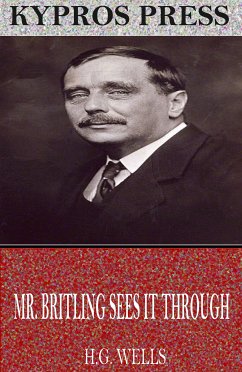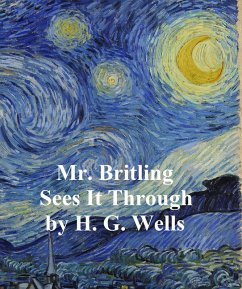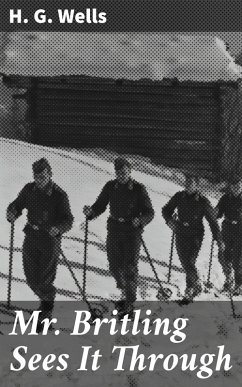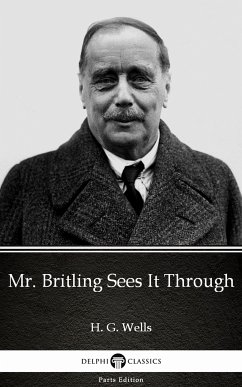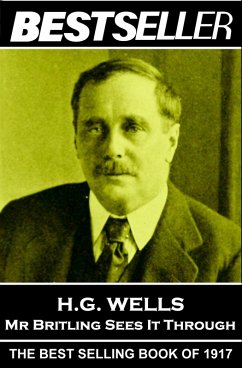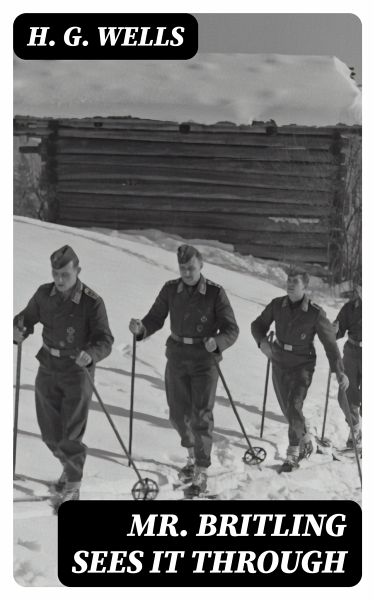
Mr. Britling Sees It Through (eBook, ePUB)

PAYBACK Punkte
0 °P sammeln!
In "Mr. Britling Sees It Through," H. G. Wells presents a poignant exploration of the moral and social upheavals wrought by World War I. Through the life of Mr. Britling, a middle-class author encapsulated in the throes of conflict, Wells masterfully weaves a narrative that blends personal introspection with broader societal critiques. The literary style is a notable mix of realism and idealism, employing a rich tapestry of dialogue intertwined with philosophical musings, reflecting the tumultuous zeitgeist of early 20th-century Britain. This novel serves as both a reflective journey and a cri...
In "Mr. Britling Sees It Through," H. G. Wells presents a poignant exploration of the moral and social upheavals wrought by World War I. Through the life of Mr. Britling, a middle-class author encapsulated in the throes of conflict, Wells masterfully weaves a narrative that blends personal introspection with broader societal critiques. The literary style is a notable mix of realism and idealism, employing a rich tapestry of dialogue intertwined with philosophical musings, reflecting the tumultuous zeitgeist of early 20th-century Britain. This novel serves as both a reflective journey and a critical examination of the disillusionment that followed the war, mirroring Wells's own concerns about the trajectory of human progress amidst global chaos. H.G. Wells, often dubbed the father of science fiction, brought to his works a profound awareness of social change and technological innovation. His experiences as a social reformer, educator, and journalist uniquely influenced his perspective on the war's impact on humanity. Wells's commitment to addressing the profound effects of industrial and social shifts is evident in this novel, showcasing his fervent desire to inspire meaningful change in a rapidly evolving world. Recommended for readers with an interest in historical fiction, sociopolitical commentary, and the personal narratives that shape our understanding of conflict, "Mr. Britling Sees It Through" is an engaging and thought-provoking read that continues to resonate today. Wells invites readers to reflect on the nature of progress and the human spirit's resilience, making this a relevant addition to modern literature.
Dieser Download kann aus rechtlichen Gründen nur mit Rechnungsadresse in A, B, BG, CY, CZ, D, DK, EW, FIN, F, GR, H, IRL, I, LT, L, LR, M, NL, PL, P, R, S, SLO, SK ausgeliefert werden.






